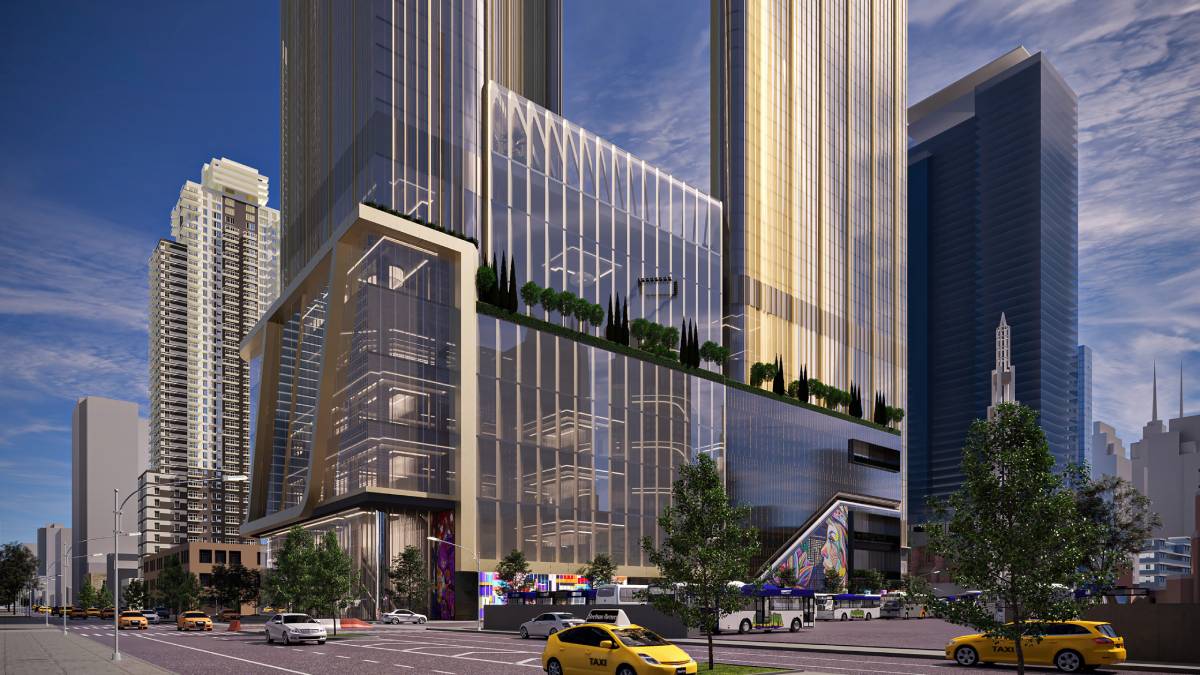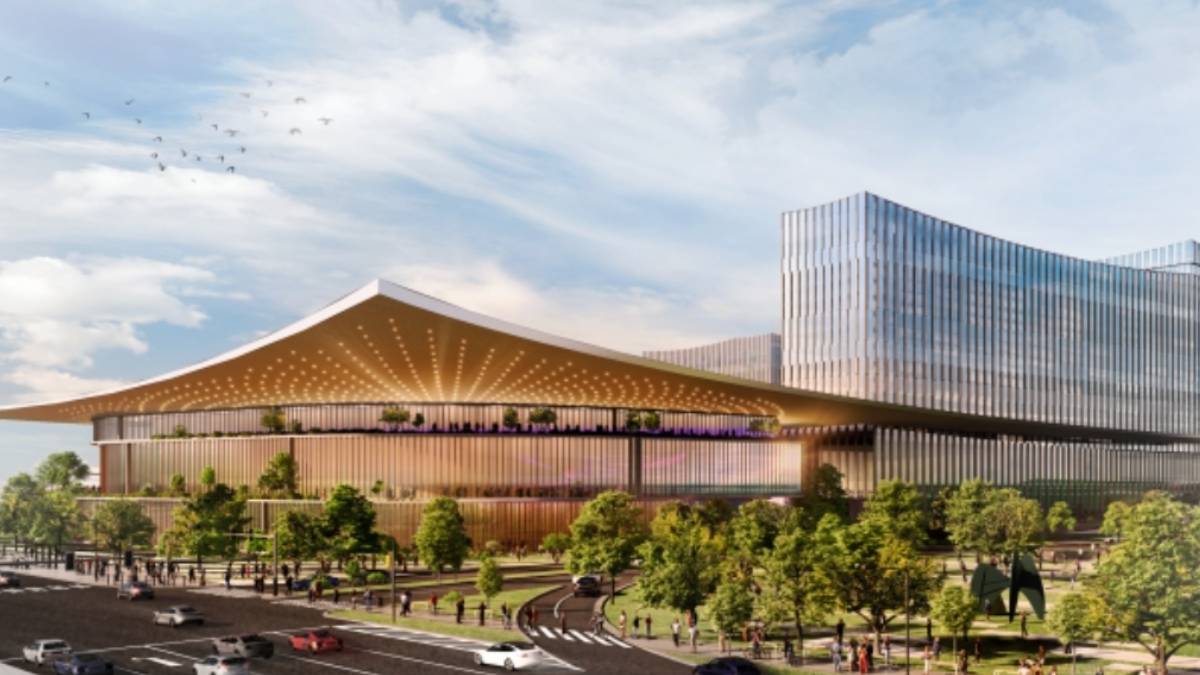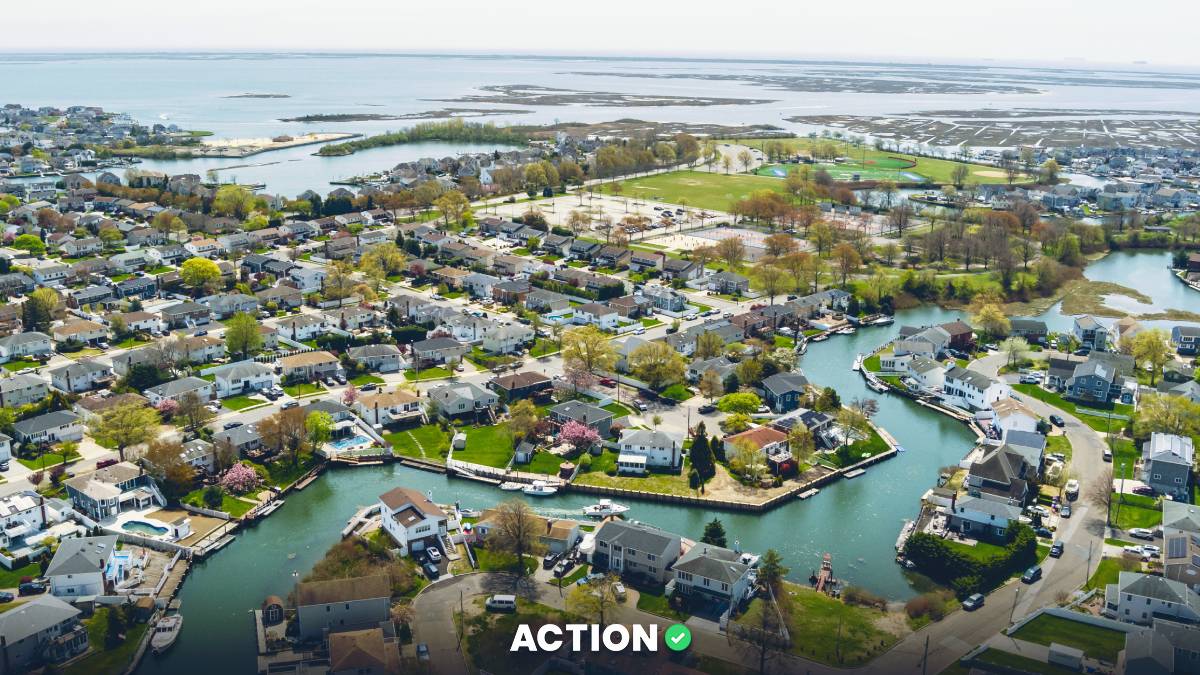The conversation surrounding the possibility of Long Island getting its first casino has reached a boiling point. Recent protests and hearings have showcased the intense emotions residents have regarding this issue. As this debate continues, another consequential battle is being fought over three downstate casino licenses in New York.
The idea of building a casino on Long Island has sparked significant controversy, particularly in Nassau County. According to the New York Post, a recent Hempstead Town Board meeting became a platform for protest, as fed-up residents voiced their opposition to a rezoning proposal. This proposal could potentially pave the way for the first gambling resort on Long Island.
Over 200 community members attended the Town Hall meetings, with nearly 100 taking the opportunity to speak out against the plan. Even notable figures like Garden City’s mayor and Hofstra representatives expressed their concerns. While the town has not yet disclosed when or if there will be a vote on the rezoning, the public has until June 10th to submit written comments, with more discussions planned.
The proposal's urgency is heightened as the licensing deadline approaches. However, transparency remains a point of contention for residents who feel left in the dark. The plan suffered a setback when Las Vegas Sands withdrew their pursuit of a New York gaming license, casting further uncertainty on the future of a Long Island casino.
The Battle for Three Downstate Casino Licenses
As Long Island grapples with its casino controversy, there's another significant competition underway in New York—the battle for three downstate casino licenses. This opportunity has attracted numerous developers and operators, each vying for a piece of what could be a lucrative gambling market.
These licenses are considered highly valuable, given the potential to tap into a densely populated and economically vibrant region. Several groups have proposed various sites across New York City and the surrounding areas. The competition is fierce as contenders must demonstrate their ability to operate a successful and responsible gaming establishment.

Some proposals include a project at The Avenir, Steve Cohen's plan to create Metropolitan Park, an idea that would put a casino in the middle of Times Square, and yet another that could land a casino at Coney Island.
The New York State Gaming Commission oversees the selection process, evaluating proposals based on criteria such as economic impact, job creation, and community benefits. Ultimately, the decision will shape the future of gambling in the region and could set precedents for future developments.
Not Everyone is Opposed to the Long Island Casino Plan
Many people from Hofstra University and nearby towns like Garden City strongly oppose the casino plan and will not stop until it's canceled. Some of these opponents are open to other ideas for the site, such as building middle-income housing, a cultural center, public green space, or even a stadium for the New York Jets.
On the other hand, supporters of changing the zoning rules, which include union leaders and business groups, believe that redeveloping the area could create jobs, increase tax revenue, revitalize the underused space, and make it easier for another business to take over if the land is already zoned for such developments.
What's Next for Long Island and New York?
As the debate over Long Island's potential casino continues, the broader battle for downstate licenses rolls on. Residents and stakeholders across New York are keenly observing these developments, understanding that the decisions made now will have lasting impacts on their communities.

For those in Long Island, the immediate focus remains on the rezoning proposal and the potential for a local gambling resort. Transparency and communication from local officials will be crucial in addressing community concerns and ensuring that any decision reflects the public interest.
As for the race for downstate licenses, the outcomes will be pivotal in shaping New York’s gaming landscape. The stakes are high, and the competition is intense, making it a captivating issue to watch unfold.
In either case, the conversations around casinos in New York illustrate the complexities and challenges of balancing economic opportunities with community values and concerns. The coming weeks and months promise to be decisive, with residents and industry players eagerly awaiting the outcome.









